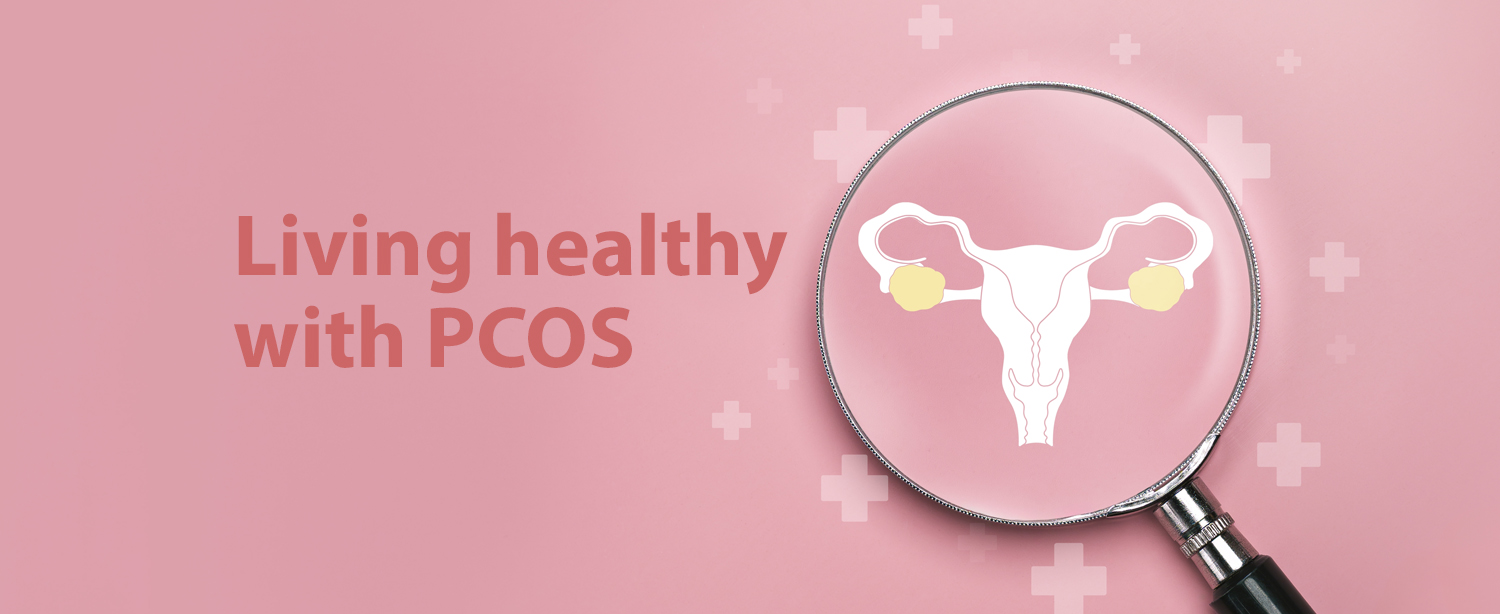Polycystic Ovary Syndrome (PCOS) is a common hormonal disorder that affects an estimated one in five Indian women. This condition can have a profound impact on physical health, emotional wellbeing, and even relationships. Although the exact cause of PCOS remains unclear, it is widely believed to be influenced by both genetic and environmental factors. PCOS is a lifestyle-related disorder, meaning that managing this condition is as much about making positive lifestyle changes as it is about medical interventions.
Table of Contents
What is PCOS?
PCOS is a hormonal condition that primarily affects women in their reproductive years. The disorder is characterized by three prominent features:
- Irregular periods – indicative of abnormal ovulation
- Excess levels of androgen – often leading to symptoms such as acne and excessive hair growth
- Polycystic ovaries – ovaries that are enlarged and contain numerous small cysts along their outer edges
Women with PCOS may see many symptoms, including:
- Acne or oily skin
- Thinning hair or male-pattern baldness
- Irregular periods or missed periods
- Excess hair growth on the chest, face, or back (hirsutism)
- Weight gain or difficulty losing weight
- Darkening of the skin, especially in areas like the neck, groin, or under the breasts
Complications of PCOS
When left untreated, PCOS can lead to several serious health issues:
- Type 2 diabetes
- High blood pressure
- Fatty liver disease
- Endometrial cancer
- Infertility
In addition to these complications, PCOS can also cause issues during pregnancy, such as gestational diabetes, preeclampsia, and an increased risk of miscarriage. It is essential to seek timely medical care to manage PCOS.
Healthy Living Tips for Managing PCOS
Living with PCOS requires a holistic approach to maintain both physical and emotional health. By making certain lifestyle changes, women can effectively manage their symptoms and reduce the risk of long-term health complications. Here are some practical tips for living healthy with PCOS:
- Sleep Well
Quality sleep is essential for hormone regulation. Aim for 7-9 hours of restful sleep each night to help balance your hormones and reduce stress levels. - Exercise Regularly
Regular exercise can help with weight management, improve insulin sensitivity, and reduce androgen levels. Incorporating both cardiovascular exercises like walking or cycling and strength training can enhance fitness and emotional wellbeing. Incorporating at least 30 minutes of moderate exercise, five days a week, can go a long way in reducing PCOS symptoms. - Adopt a Healthy Diet
A balanced diet rich in whole grains, fruits, vegetables, lean proteins, and healthy fats can help manage weight and reduce insulin resistance. Women with PCOS should also focus on foods with a low glycemic index, which help to regulate blood sugar levels. Since insulin resistance is a common issue in women with PCOS, it’s important to limit sugar intake and avoid refined carbohydrates like white bread, pastries, and sugary drinks. - Manage Stress
Stress can worsen the symptoms of PCOS by triggering hormonal imbalances. Practice relaxation techniques like yoga, meditation, or deep breathing exercises to keep stress levels in check. - Stay Hydrated
Drinking plenty of water throughout the day helps maintain metabolic functions and promotes a feeling of fullness, which can aid in weight management. - Weight Loss
If you’re overweight, even a small amount of weight loss (5-10%) can have a positive effect on hormonal balance and improve symptoms such as menstrual irregularity and infertility. - Avoid Smoking and Alcohol
Smoking increases androgen levels, which can worsen symptoms like hirsutism and acne. Limiting alcohol intake can also support healthy liver function and hormonal balance.
PCOS care at Kokilaben Dhirubhai Ambani Hospital
Living with PCOS may seem daunting, but with the right approach, you can lead a healthy, fulfilling life. By adopting lifestyle changes, staying physically active, and seeking timely medical care, you can manage your symptoms and improve both your physical and emotional wellbeing. Reach out to experienced gynaecologists at our Department of Gynaecology& Obstetrics for a detailed evaluation and care. Please find below the website link for more details: https://www.kokilabenhospital.com/departments/clinicaldepartments/gynaecologyobstetrics.html


